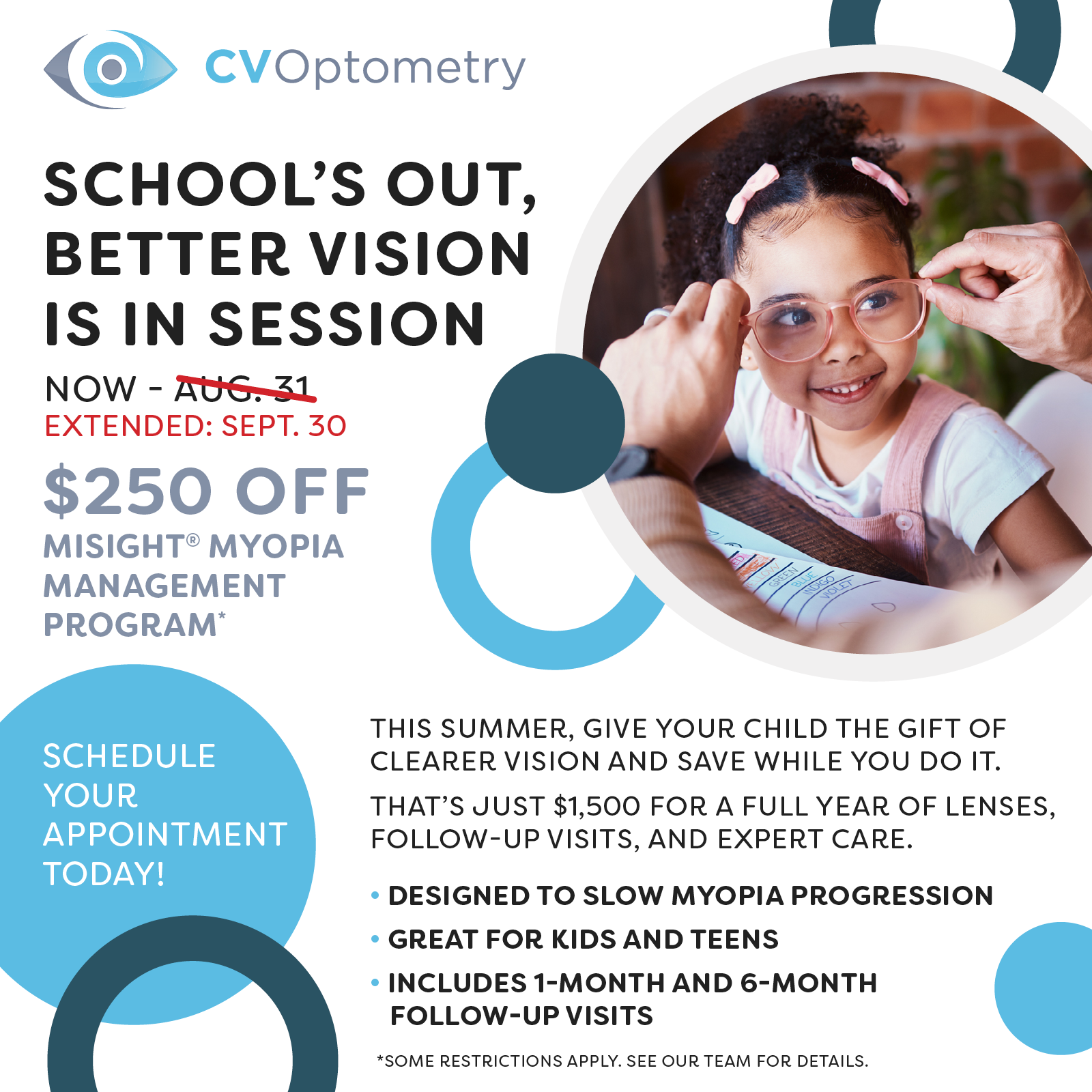

Serving the Coachella Valley for 50+ Years
Thank you for your interest in Coachella Valley Optometry, where we have been providing exceptional eye care to the Coachella Valley for over 50 years. With convenient locations in Coachella, Palm Springs, Indio, and Cathedral City we are dedicated to bringing the best in vision care and eye health services to our communities. Whether you're in need of a routine eye exam, advanced diagnostics, or specialty treatments, our experienced team is here to serve you with compassion, expertise, and cutting-edge technology.
OUR OFFICES
OUR TECHNOLOGY
At Coachella Valley Optometry, we are proud to provide exceptional eye care to families in Coachella, Palm Springs, Indio, and Cathedral City (Coming soon!). Our dedicated team of optometrists is committed to delivering compassionate, high-quality vision care, ensuring that you and your loved ones enjoy clear, healthy eyesight for years to come.
With a patient-first approach and state-of-the-art diagnostic technology, we offer comprehensive eye exams, advanced treatments, and personalized vision solutions for all ages. Meet our caring and experienced doctors, who are here to serve the Coachella Valley with expertise and a commitment to your eye health and wellness.








Our Technology
NO MORE DROPS UNLESS
NECESSARY
Optomap allows your eye doctor to view the back of your eye without dilation. Optomap is a fast, painless and non-invasive procedure that is suitable for patients of all ages.
NO MORE PUFFS OF AIR
The ICare tomometer uses a patended technology that ensures accurate IOP (intraocular pressure) measurements without a puff of air.
OCULAR COHERENCE
TOMOGRAPHY
The OCT uses light to take a cross section image of your retina. This helps us build a picture of the health of your eyes, and spot any changes which may be concerning.
Insurance We Accept












Featured Brands
Browse Our New Styles
WE PROUDLY ACCEPT
IEHP INSURANCE
At Coachella Valley Optometry,
we’re honored to support access to
high-quality vision care by accepting IEHP insurance.
We believe in creating a welcoming environment
where everyone in our community can get the eye care they deserve.

Patient Testimonials
1,300+ 5-Star Reviews






































































"Absolutely loved the experience my son had. It was easy for him to be comfortable with the setting, the employees and the Doctor. Everyone was very knowledgeable and helpful. Went above and beyond professionally. I would recommend to all my family and friends."
Joanna V.
View All Reviews